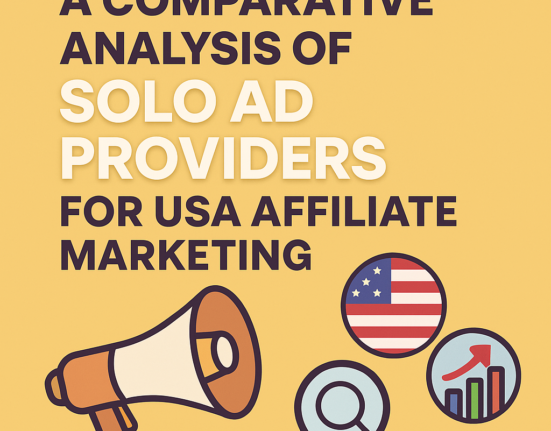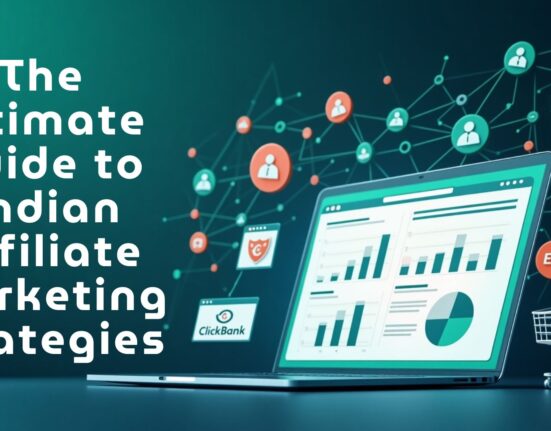What is Native Affiliate Marketing?

Understanding the Indian Digital Landscape
The Indian digital market presents unique opportunities and challenges:

Mobile-First Market
- Over 75% of internet users access content via smartphones
- Increasing penetration of 4G and 5G networks
- Growing adoption of digital payment solutions
Language Diversity
- Hindi content dominates the market
- Regional languages like Tamil, Telugu, Bengali, and Marathi show high engagement
- English content primarily appeals to urban audiences
Consumer Behavior
Price-sensitive market with value-conscious consumers
Strong preference for peer recommendations
High trust in educational content
Top Native Advertising Platforms in India
Best Affiliate Programs for Indian Marketers
When choosing affiliate programs in India, consider these top options:
E-commerce Giants
- Amazon Associates
- Commission: Up to 12%
- Wide product range
- Reliable tracking system
- Flipkart Affiliate
- Commission: 3-20%
- Indian-focused products
- Regular payment cycles
Affiliate Networks
Dedicated support team
vCommission
High-paying offers
India-specific campaigns
Multiple payment options
Admitad India
Global brand partnerships
Advanced tracking tools
Creating High-Converting Native Content
Creating content that converts requires a delicate balance between providing value and promoting products. Successful native content adheres to the platform’s style while seamlessly integrating promotional elements. This involves thorough research about the target audience’s pain points, preferences, and consumption patterns. For instance, creating detailed comparison articles, how-to guides, or problem-solving content that naturally incorporates affiliate products tends to perform well. The key lies in maintaining authenticity while providing genuine solutions to user problems.
Native Ad Integration Strategies
Effective native ad integration requires subtlety and strategic placement. The content should flow naturally, with promotional elements appearing as helpful suggestions rather than obvious advertisements. This might involve using contextual linking, where products are mentioned only when relevant to the discussion. For example, in a article about home workout routines, fitness equipment recommendations can be naturally integrated when discussing specific exercises. The goal is to maintain the reader’s trust while providing valuable product recommendations.
Building Trust and Credibility
Trust forms the foundation of successful affiliate marketing. This involves transparent disclosure of affiliate relationships, honest product reviews that highlight both advantages and limitations, and consistent delivery of valuable content. Building credibility requires maintaining editorial independence while being open about monetary relationships with brands. Regular engagement with audience comments, addressing concerns promptly, and sharing personal experiences with recommended products help establish long-term trust.
Promotion and Traffic Generation
Traffic generation for native affiliate content requires a multi-channel approach. This includes organic methods like SEO optimization, social media marketing, and content distribution across relevant platforms. Paid promotion strategies might involve using platforms like Facebook Ads or Google Ads to amplify reach. Email marketing remains effective for nurturing relationships with existing audiences. The key is to identify where your target audience spends time and creating platform-specific promotion strategies.
Advanced Optimization Techniques
Success in native affiliate marketing requires continuous optimization. This involves A/B testing different content formats, headlines, and call-to-actions to identify what resonates best with your audience. Using analytics tools to track user behavior, conversion patterns, and content performance helps refine strategies. Advanced techniques might include personalization based on user segments, retargeting campaigns, and using AI tools for content optimization.












Leave feedback about this